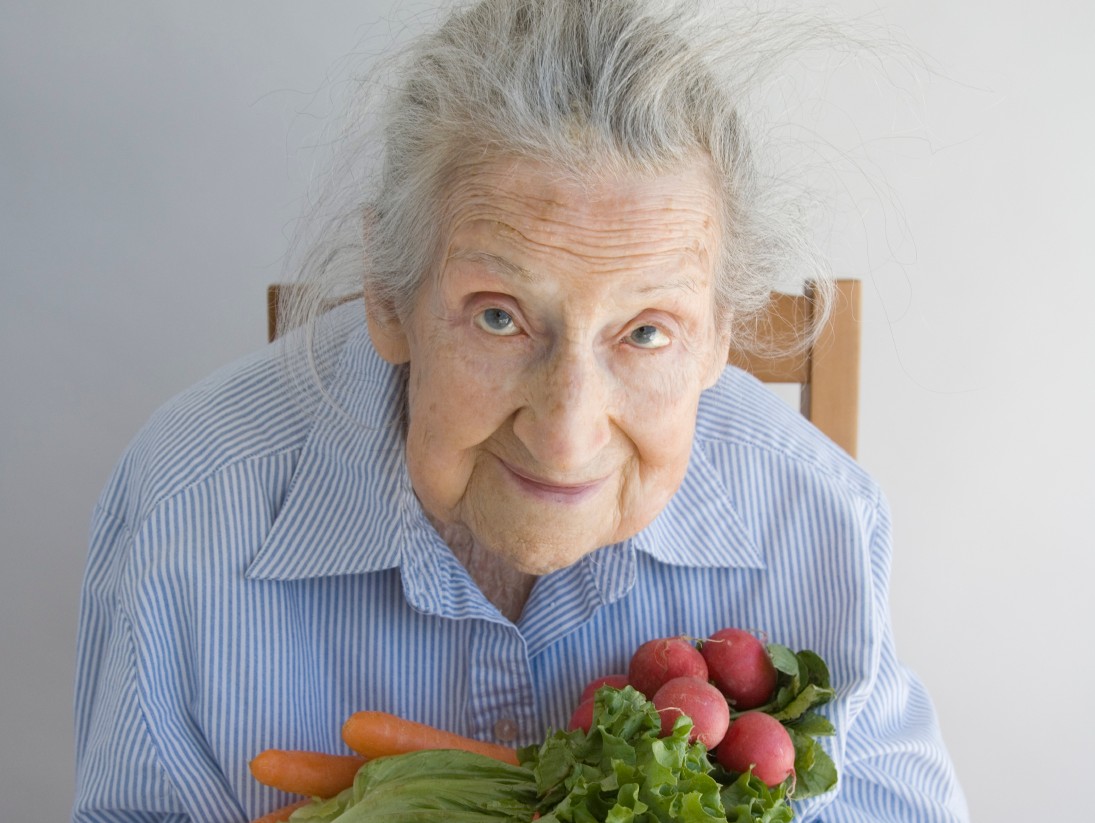
Scientists from Wageningen UR Food & Biobased Research recently studied the role of emotion in older people’s mealtime experiences. Their findings provide product developers and marketing professionals with tools to help them better adapt their products to the various needs and wants of the growing group of older consumers.
‘The range of foods available to the older people does not have much relation to their needs and wants’
Older persons can be divided into four groups based on their emotional experience of mealtimes. That is the conclusion of scientists from Wageningen UR Food & Biobased Research on the basis of research carried out by members of the senior test panel SenTo. The study, which was published in Appetite in September, offers product developers and marketers tools for better adapting their products to meet the differing needs and wants of the growing population of older persons.
Wageningen researchers classified older persons on the basis of the emotion words they associate with their mealtimes. The most important variables are the positive or negative valuation (such as enjoyable, happy, guilty, or disgusting) and the degree of excitement and activity (adventurous, calm) that the participants felt in connection with their mealtimes. 'Previous research into the eating habits of elderly people paid very little attention to emotions, despite the fact that the emotional aspect seems to become more important as people age,' says Louise den Uijl, a PhD in the Consumer Science & Health group.
In order to be able to easily distinguish the groups from one another, the scientists created a fictional character for each group representing a typical member of that group.
The population of older persons in society will increase in number and diversity in the coming years throughout the world. However, the range of foods available to them does not have much relation to their needs and wants. The expectation is that products that meet the needs of the various groups of older persons, in combination with good communication, could result in better intake of nutrients among this population. In the long term, that could help older people to live independently for longer, according to the Wageningen researchers.
All 392 participants in the study are also members of the SenTo panel (Senioren voor de Toekomst, 'seniors for the future'). This test panel, an initiative of Wageningen UR, consists of people above the age of 55, who live independently, can work with a computer and go online, do their own grocery shopping, and speak fluent Dutch. For this study, the average age of the participants was 65.8 years. The ratio of male participants to female participants was 40% to 60%. The participants filled in three online questionnaires about the emotions they experienced when eating meals and snacks, the function that they attributed to meals, and their attitudes towards health and taste.

The results of the study are described in the paper 'It is not just a meal, it is an emotional experience: A segmentation of older persons based on the emotions that they associate with mealtimes' (L.C. den Uijl et al.), published in Appetite.
Source: @iStock.com/annedehaas en @iStock.com/nicolesy